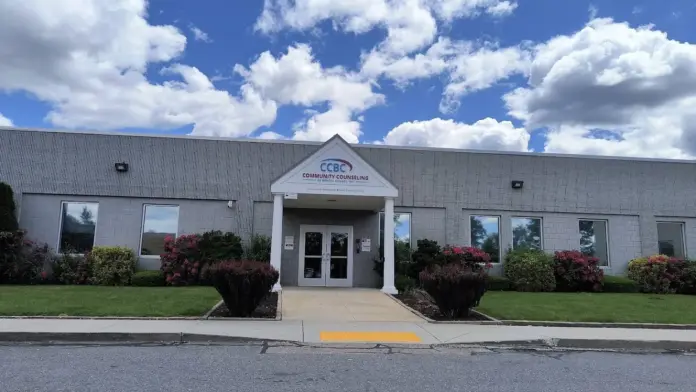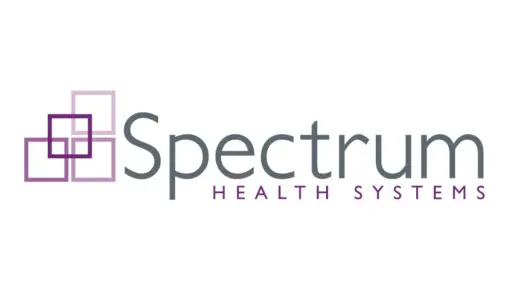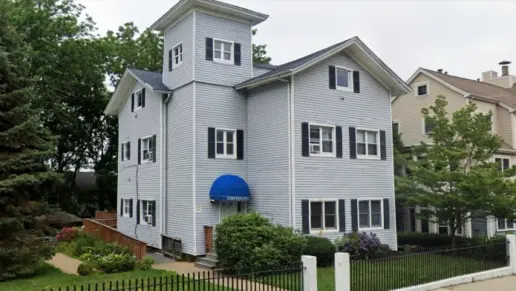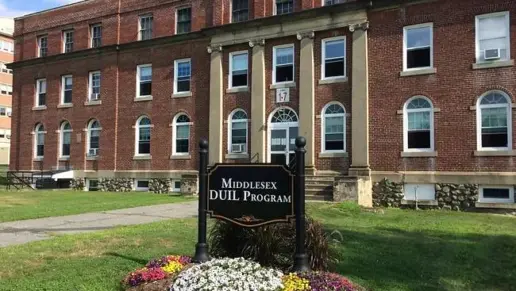Helped me through a rough time, incredibly grateful for everything that they've done! Made me start living again, enjoying life, and realize how messed up I was.
About CCBC
CCBC is a behavioral health clinic in Taunton, Massachusetts, that offers support for the mental health and addiction recovery of the local community. They have outpatient treatment for a variety of behavioral health needs including drug and alcohol addiction and mental health conditions. They treat people of almost any age. This includes adults and specialized care for kids and teens. They even have a mobile unit that gives home based care to older adults.
Your treatment here will be based on what you need for your recovery. When it comes to substance use treatment, they mostly focus on group therapy. This method is a great way to work through the challenges of recovery with the support and fellowship of your peers. They also have individual therapy and family therapy. Family sessions help you and your loved ones come together to heal from the effects of addiction.
One thing I found especially encouraging about this outpatient rehab is that they can integrate your addiction treatment with other aspects of your care. They can coordinate it with your psychiatric care, for example, to make sure they’re serving your overall health and wellness. The same goes for medical care. If your addiction has led to a DUI/OUI conviction they also have court ordered impaired driving programs. They have a working relationship with the courts and law enforcement, so they can get you what you need for compliance.
Latest Reviews
Rehab Score
Gallery

Location
Other Forms of Payment
Self-pay involves paying for treatment out of your own pocket. You can use savings or credit, get a personal loan, or receive help from family and friends to fund your treatment. If you don't have insurance or your insurance plan doesn't cover a specific program, self-pay can help ensure you still get the care you need.
Medicaid is a state based program that helps lower-income individuals and families pay for healthcare. Medicaid covers addiction treatment so those enrolled can use their coverage to pay for rehab. When a program accepts Medicaid the client often pays very little or nothing out of their own pocket.
Medicare is a federal program that provides health insurance for those 65 and older. It also serves people under 65 with chronic and disabling health challenges. To use Medicare for addiction treatment you need to find a program that accepts Medicare and is in network with your plan. Out of pocket costs and preauthorization requirements vary, so always check with your provider.
Addiction Treatments
Levels of Care
Treatments
Many of those suffering from addiction also suffer from mental or emotional illnesses like schizophrenia, bipolar disorder, depression, or anxiety disorders. Rehab and other substance abuse facilities treating those with a dual diagnosis or co-occurring disorder administer psychiatric treatment to address the person's mental health issue in addition to drug and alcohol rehabilitation.
Mental health rehabs focus on helping individuals recover from mental illnesses like bipolar disorder, clinical depression, anxiety disorders, schizophrenia, and more. Mental health professionals at these facilities are trained to understand and treat mental health issues, both in individual and group settings.
Clinical Services
Whether a marriage or other committed relationship, an intimate partnership is one of the most important aspects of a person's life. Drug and alcohol addiction affects both members of a couple in deep and meaningful ways, as does rehab and recovery. Couples therapy and other couples-focused treatment programs are significant parts of exploring triggers of addiction, as well as learning how to build healthy patterns to support ongoing sobriety.
Research clearly demonstrates that recovery is far more successful and sustainable when loved ones like family members participate in rehab and substance abuse treatment. Genetic factors may be at play when it comes to drug and alcohol addiction, as well as mental health issues. Family dynamics often play a critical role in addiction triggers, and if properly educated, family members can be a strong source of support when it comes to rehabilitation.
Group therapy is any therapeutic work that happens in a group (not one-on-one). There are a number of different group therapy modalities, including support groups, experiential therapy, psycho-education, and more. Group therapy involves treatment as well as processing interaction between group members.
In individual therapy, a patient meets one-on-one with a trained psychologist or counselor. Therapy is a pivotal part of effective substance abuse treatment, as it often covers root causes of addiction, including challenges faced by the patient in their social, family, and work/school life.
Contact Information
Mill River Place
1 Washington Street
Taunton, MA 02780


